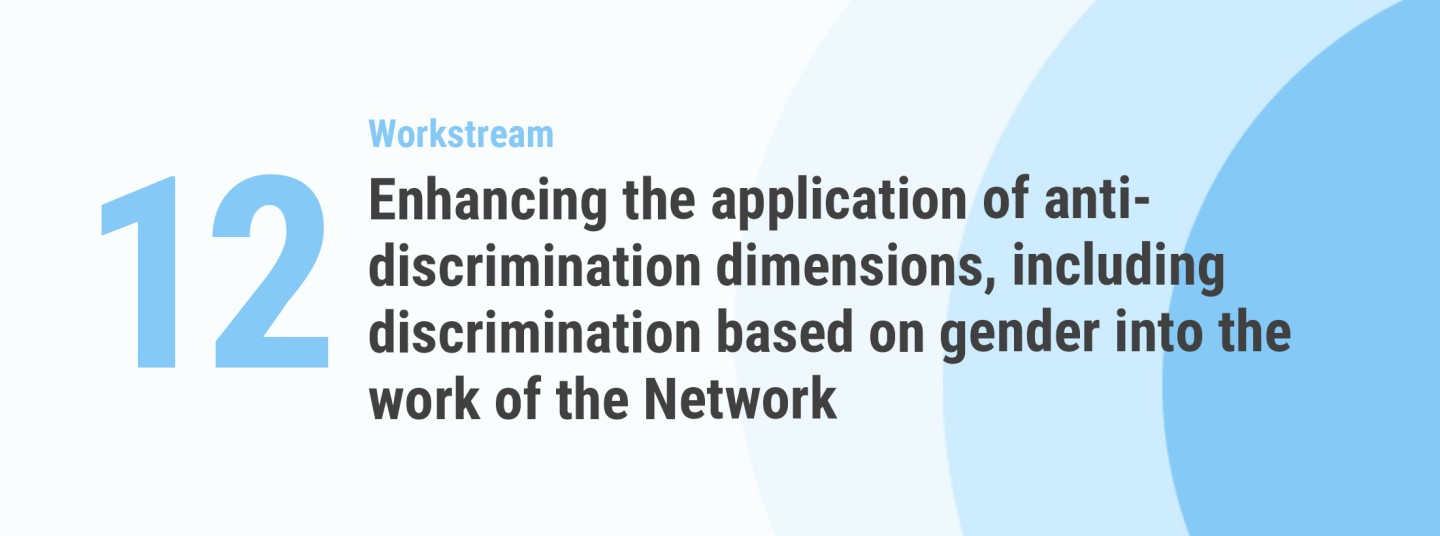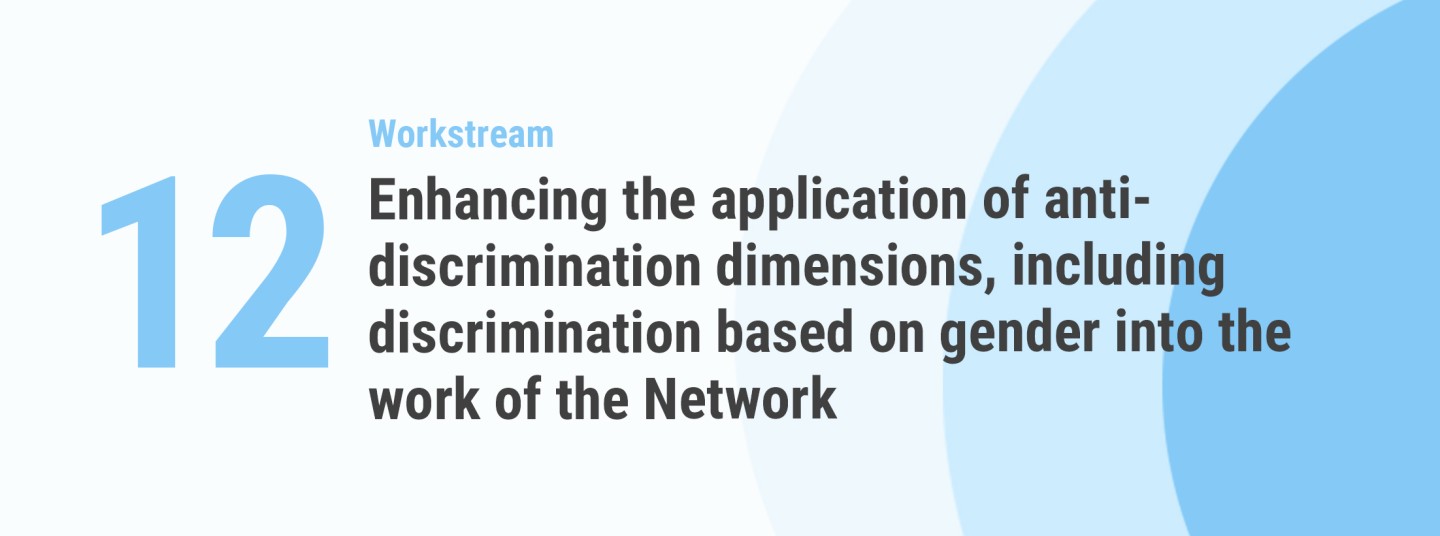Description
The purpose of this workstream is to provide concrete and practical support across the Network, to governments, and to stakeholders on gender-responsive implementation of the GCM. Specifically, the priority aims to support the focus on GCM implementation at regional and country levels with specific capabilities/tools to assess and address the increased susceptibility to human rights violations and discriminations faced by women, girls and gender non-conforming people at all stages of migration.
Activities
i. Organize an official launch of the joint Anti-Discrimination and COVID-19 Advocacy Tool.
Timeline: 2023
ii. Promote the gender-responsive implementation of the GCM through capacity building trainings in pilot countries to operationalize the UN Network Gender-Responsiveness Integrated Training Tool (GRIT), which includes the UN Women Policy and Practice Guide and other resources of workstream members. Work with the Working Group on GCM implementation to integrate the tool into the formal Network guidance.
Timeline: 2023-2024
iii. Interact with other workstreams/ working groups and thematic priorities (climate change, labour, pathways, indicators, migrants’ socio-economic integration, etc.):
Timeline: 2024
iv. Support the development of indicators based on gender responsiveness;
Timeline: 2023-2024
v. Disseminate knowledge products and make them available on the Migration Hub. Conduct outreach on these products via the Hub.
Timeline: 2023-2024
vi. Strengthen partnerships with Member States, including Champion countries. Establish a more permanent ‘Friends of Gender Equality’ in global migration spaces (not just during the IMRF) who could have a leading role. Institutionalize a ‘Gender Rapporteur’ or team at each intergovernmental meeting.
Timeline: 2024


